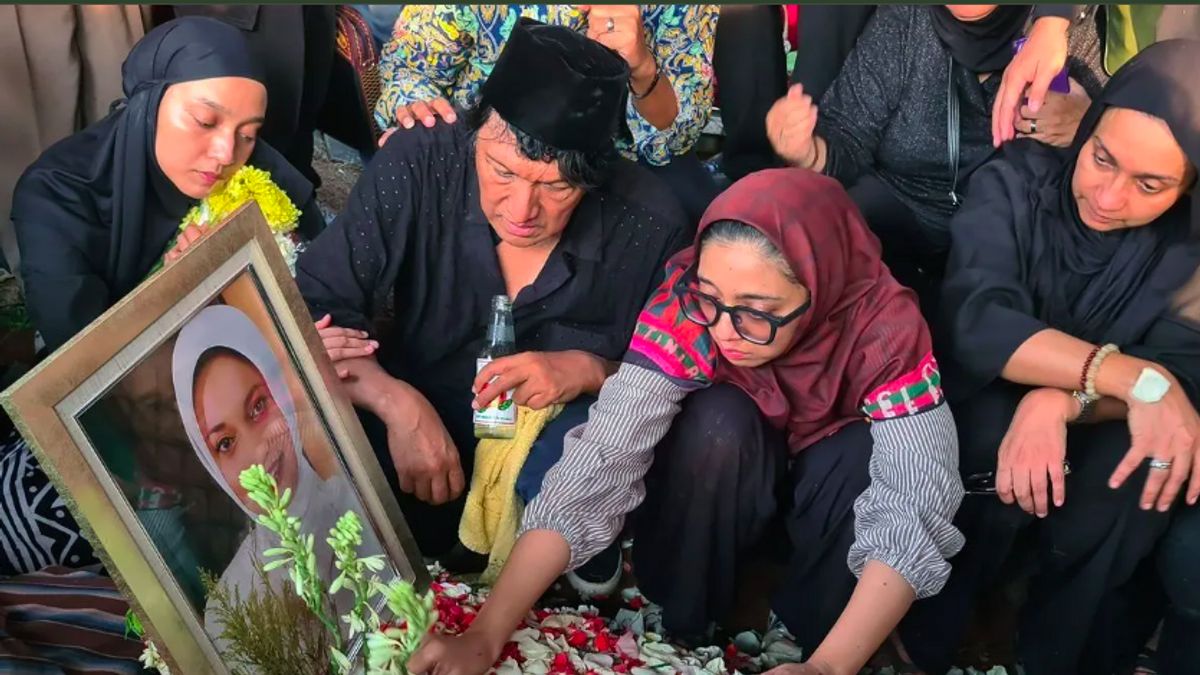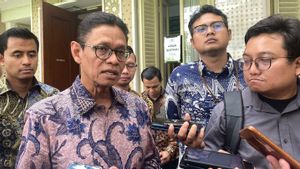The news of the death of a senior actress who is also actively teaching as a lecturer and politician Marissa Haque has attracted public attention.
The departure of the wife of singer Ikang Fawzi is thought to have been due to sudden death, because Marissa is said to have no history of any disease.
Seeing this condition, Marissa Haque is suspected of having sudden death syndrome or commonly known as sudden death syndrome or (SDS). The Healthline page explains that SDS is a loosely defined general term for a series of heart syndromes that cause sudden cardiac arrest and the possibility of death.
Some of these syndromes are the result of structural problems in the heart. Others may be caused by irregularities in the heart's electrical tract.
All can cause unexpected cardiac arrest and sudden, even in healthy people. Some people died as a result.
Most people don't know that they have this syndrome until a heart attack occurs. Many cases of SDS are not well diagnosed. When someone with SDS dies, his death may be registered as a natural cause or heart attack.
Since SDS is often misdiagnosed or not diagnosed at all, it is not clear how many people have experienced it.
SEE ALSO:
People with SDS usually look very healthy before the first heart or death. SDS often does not cause visible signs or symptoms.
However, there are several risk factors that increase the possibility of someone having some conditions related to SDS.
Researchers have found certain genes that could increase a person's risk for some types of SDS. If a person has sudden death syndrome in adults (SADS), for example, more than 20 percent of their first-degree relatives (brothers, parents, and children) are likely to have the syndrome too.
In addition to this risk factor, certain medical conditions can increase the risk of SDS, such as bipolar disorder. Lithium is sometimes used to treat bipolar disorders, this drug can trigger heart rhythm disorders.
Then, heart disease, epilepsy, arithmetic, and hypertrophic cardiomyopathy also risk causing sudden death in someone. (Ant)
The English, Chinese, Japanese, Arabic, and French versions are automatically generated by the AI. So there may still be inaccuracies in translating, please always see Indonesian as our main language. (system supported by DigitalSiber.id)
















